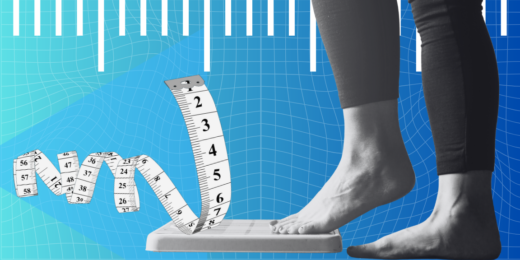Imagine a self-driving car attempting to navigate a traffic jam in New Delhi, India -- horns blaring, drivers yelling, vehicles big and small careening in all directions.
That's an apt metaphor for the challenge faced by artificial intelligence in primary care, writes Nirav Shah, MD, in a new commentary for the Annals of Internal Medicine.
Though computers have outperformed humans in chess and other fields, AI is not currently driving the most effective innovations in health care, Shah believes.
In part, this is because medicine offers more complex problems with higher stakes -- and more exacting judges of success.
"Humans want more than answers," Shah notes:
We want insight -- particularly in medicine. This is a source of tension in physicians' interactions with computers. Algorithms perform well when there are rules; they do not do as well when there is imperfect information or less structure, as in medicine.
There are several non-AI-based health care improvements that are being tried around the country, Shah writes. He lists several examples. There is Adeptus Health in Texas and Arizona, which uses small teams in freestanding emergency departments (those not part of a hospital) to provide more personal care. There is ChenMed in Miami, which correlates the length of patient appointments with the complexity of their needs. And there is Oak Street Health in Chicago, which covers patients' transportation to and from the clinic.
"Common elements of these and other promising care models include hiring the right clinicians, using data analytics to better target patient needs, and being willing to try new things," Shah says. "However, none of these examples offers the complete answer."
Arnold Milstein, MD, and his team at Stanford's Clinical Excellence Research Center have investigated this question, ranking more than 50,000 practices on quality and cost. Shah, a senior scholar at the center, lays out what they discovered about characteristics of high performers -- and there are a lot, ranging from creating deeper patient relationships to keeping overhead low.
In the future, Shah writes, "the physician will remain important, especially to manage the complex things that will be left behind after technology addresses the easy stuff."
He continues:
This complexity will demand a higher-level performer who can understand what is right for the patient in ways that no algorithm can.
Photo by Fancycrave




